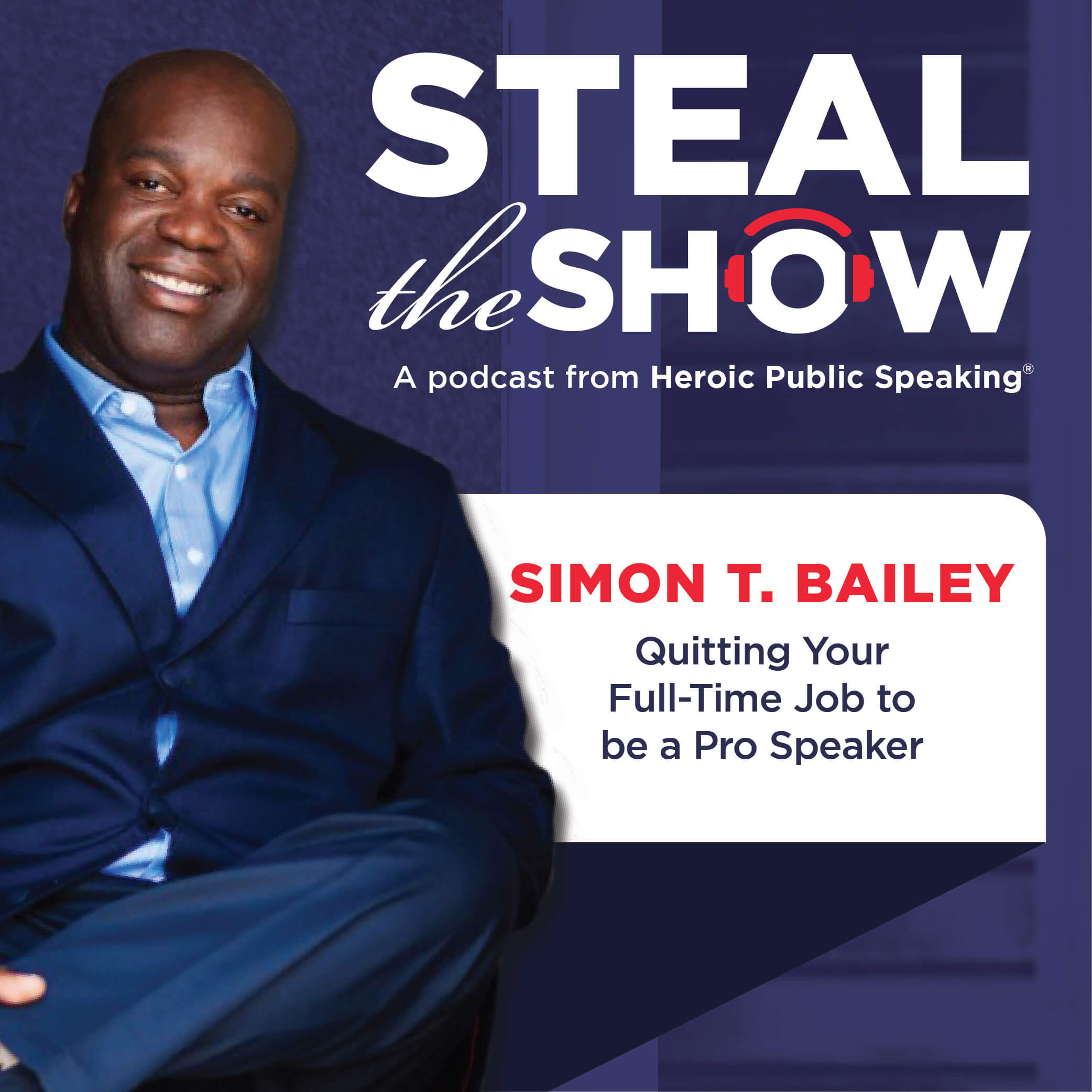How to Become a Full-Time Public Speaker: A Step-by-Step Guide
Becoming a full-time public speaker is a dream for many. It promises a rewarding career, sharing knowledge and inspiring others.
But how does one transition from speaking occasionally to making it a full-time job? Public speaking can open many doors. It allows you to share your passion and expertise with a wider audience. But turning it into a full-time career requires more than just a few good speeches.
It involves building a brand, networking, and continuous learning. In this guide, we’ll explore the steps needed to make public speaking your main source of income. From honing your skills to marketing yourself effectively, we’ll cover everything you need to know. Ready to take the leap? Let’s dive in and discover how to become a full-time public speaker.
Building Your Foundation
Building a strong foundation is essential for becoming a successful full-time public speaker. This involves identifying your niche and developing your expertise. By focusing on these elements, you can create a unique space for yourself in the speaking world.
Identifying Your Niche
First, you need to find your unique niche. Think about what subjects you are passionate about. Ask yourself what topics you excel in. Consider your past experiences and knowledge. Your niche should align with your interests and strengths.
Here are a few ways to identify your niche:
- Make a list of your interests and skills.
- Research what topics are in demand.
- Check out other speakers in similar fields.
- Look for gaps in the market where you can add value.
Developing Your Expertise
Once you have identified your niche, the next step is to develop your expertise. This means becoming an authority in your chosen field. The more knowledgeable you are, the more confident you will be on stage.
Here are some tips to help you develop your expertise:
- Read extensively: Read books, articles, and research papers related to your niche.
- Attend workshops: Participate in workshops and seminars to gain new insights.
- Engage with experts: Network with other professionals in your field.
- Practice: Keep practicing your speeches to improve your delivery and style.
Building your foundation by identifying your niche and developing your expertise is crucial. This ensures you stand out in the competitive world of public speaking.
Crafting Your Message
Crafting your message is essential for any aspiring public speaker. Your message is the heart of your speech. It defines your purpose and connects you with your audience. A strong message leaves a lasting impact. Below, we explore how to create compelling content and hone your delivery skills.
Creating Compelling Content
Your content should be engaging and relatable. Start with a clear main idea. Build your speech around this idea. Use stories and examples to illustrate your points. Stories make your message memorable. Keep your language simple and direct. Avoid jargon or complex terms. Your audience should easily understand your content. Research your topic well. Accurate information builds trust with your audience. Organize your content logically. A well-structured speech is easier to follow.
Honing Your Delivery Skills
Great content needs great delivery. Practice your speech regularly. Familiarity with your material boosts confidence. Focus on your voice. Vary your tone to keep listeners engaged. Maintain eye contact with your audience. It creates a connection. Use body language effectively. Gestures can emphasize your points. Avoid fidgeting or distracting movements. Pay attention to your pacing. Speak slowly and clearly. Allow pauses for emphasis. Engage with your audience. Encourage questions and interaction. Respond with enthusiasm. Your delivery should reflect your passion for the topic. This passion inspires your audience.
Marketing Yourself
Marketing yourself is crucial in becoming a full-time public speaker. It’s not enough to be an expert in your field; you need to effectively communicate your expertise to attract speaking opportunities. This section will guide you through building an online presence and networking with industry professionals.
Building An Online Presence
An online presence helps you reach a wider audience. Start by creating a professional website. Include a biography, past speaking engagements, and testimonials. Your website should showcase your expertise and style.
Blogging can also enhance your online presence. Write articles on topics related to your speaking niche. This not only demonstrates your knowledge but also improves your search engine ranking.
Social media is another powerful tool. Use platforms like LinkedIn, Twitter, and Instagram. Share valuable content regularly. Engage with your audience. Answer questions and participate in discussions. This increases your visibility and credibility.
Networking With Industry Professionals
Networking with industry professionals opens doors to new opportunities. Attend conferences and events related to your field. These gatherings are great places to meet other speakers and event organizers.
Join professional associations and groups. Many have online forums or local chapters. Participate actively. Share your insights and listen to others. Building relationships in these communities can lead to speaking invitations.
Reach out to other speakers. They can offer valuable advice and may refer you to speaking opportunities. Collaborate on projects or co-host events. This not only broadens your network but also showcases your ability to work well with others.

Credit: www.instagram.com
Securing Speaking Engagements
Securing speaking engagements is a key step in becoming a full-time public speaker. This process involves reaching out to event organizers and negotiating contracts. Here’s how to do it effectively.
Pitching To Event Organizers
Start by creating a compelling pitch. Focus on what makes you unique. Highlight your experience and expertise. Mention any past speaking engagements. Share testimonials from previous events.
Research the events you want to speak at. Understand their audience and themes. Tailor your pitch to each event. Show how your talk will benefit their audience. Be concise and clear in your message.
Include a professional speaker’s bio. Attach links to your past talks or presentations. Offer to speak for free at initial events. This builds your portfolio and credibility.
Negotiating Contracts
Once you’ve secured interest, it’s time to negotiate. Discuss your fee openly. Be prepared to justify your rate. Mention your experience and past success. Negotiate travel and accommodation costs if necessary.
Ensure all terms are clear. These include the date, time, and venue. Confirm the length of your talk. Clarify the technical requirements you need. Agree on any promotional activities expected from you.
Get everything in writing. This protects both you and the event organizer. A clear contract helps avoid misunderstandings. It ensures you receive fair compensation for your work.

Credit: stealtheshow.com
Frequently Asked Questions
How Can I Start A Career In Public Speaking?
Begin by speaking at local events and building your online presence. Network with other speakers and join relevant groups.
What Skills Are Needed To Become A Public Speaker?
Public speakers need strong communication, storytelling, and confidence skills. Good body language and voice control are also important.
How Do Public Speakers Get Paid?
Public speakers earn money through speaking fees, workshops, and online courses. Many also write books and offer consulting services.
Conclusion
Becoming a full-time public speaker takes dedication and practice. Build your confidence by speaking often. Engage with your audience and understand their needs. Continue learning and improving your skills. Network with other speakers for support and opportunities. Remember, persistence is key.
Follow these steps, and you can achieve your dream of being a successful public speaker.
